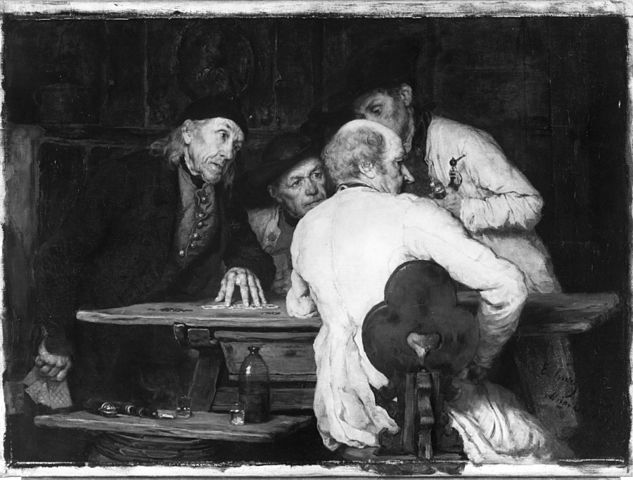Conflict vs Dispute
Many people may believe that there is no difference between the terms Conflict and Dispute, as they are often used interchangeably and listed as synonyms for each other. Although, there have been several academics and scholars who have distinguished the two terms, with these distinctions tending to differ from one to another. It is essential to comprehend these two terms in a legal context.
Understanding Conflict
Conflict is defined in the dictionary as a serious disagreement or argument, typically one that is long-drawn. It also refers to a state of disagreement or disharmony between persons, interests, ideas, principles, or values. Scholar John Burton defines Conflict as a long-term disagreement, a problem that runs so deep that its issues are generally “non-negotiable.” Conflicts with such issues, if not resolved, tend to transform into physical violence and war.
Meaning of Dispute
To differentiate between Conflict and Dispute, Burton defines Dispute as a short-term disagreement that can be resolved through consideration and evaluation of the parties’ interests and a determination of their rights through a reasonable solution. In a legal context, a Dispute is a disagreement on a point of law or fact, or over certain legal rights, obligations, and interests between two or more parties. A Dispute refers to a specific disagreement where the issues can be resolved by applying relevant law or rules.
Key Takeaways
- A Dispute is a short-term disagreement, while a Conflict is a long-term disagreement.
- Conflicts cannot be easily resolved, and the possibility of resolving them is remote, while Disputes can be resolved through judicial or other means.
- A Conflict refers to a broad area of issues from which specific Disputes can arise, and Disputes may stem from a Conflict.
